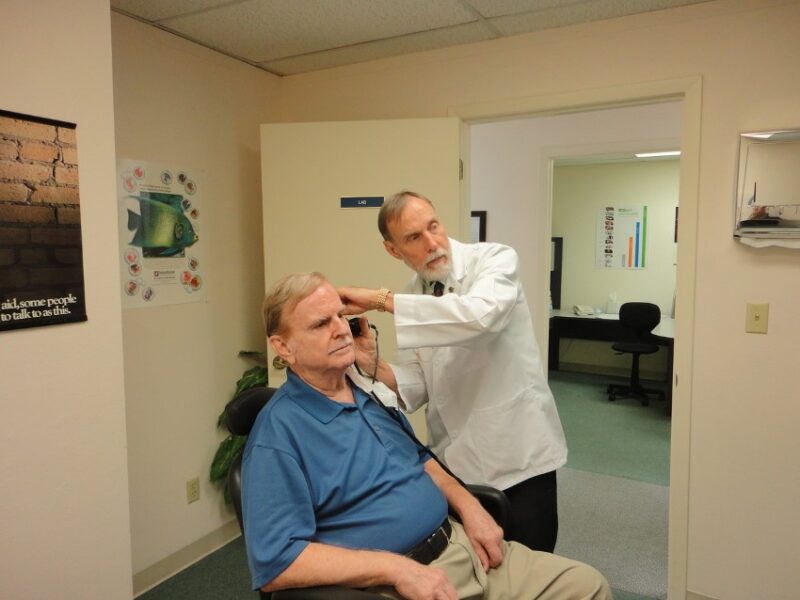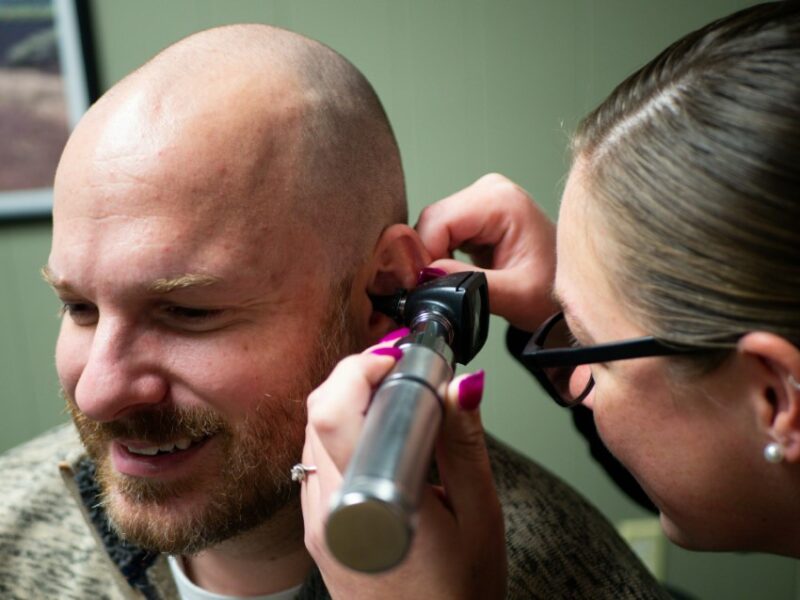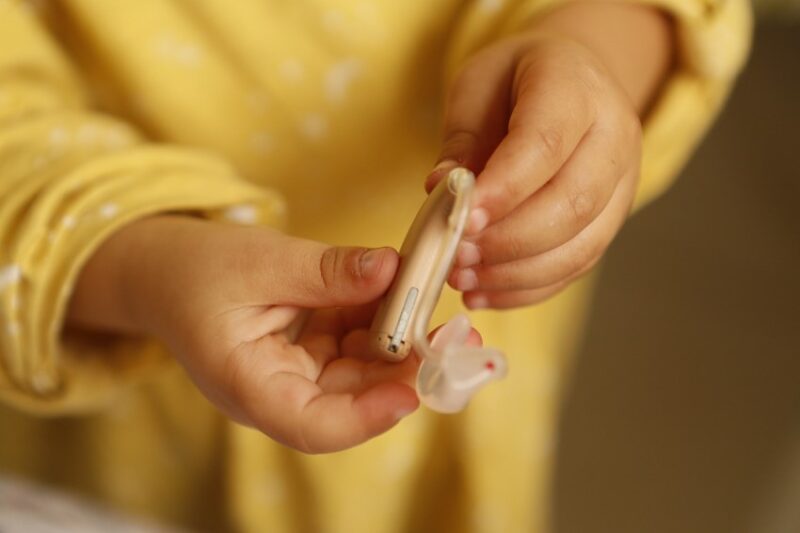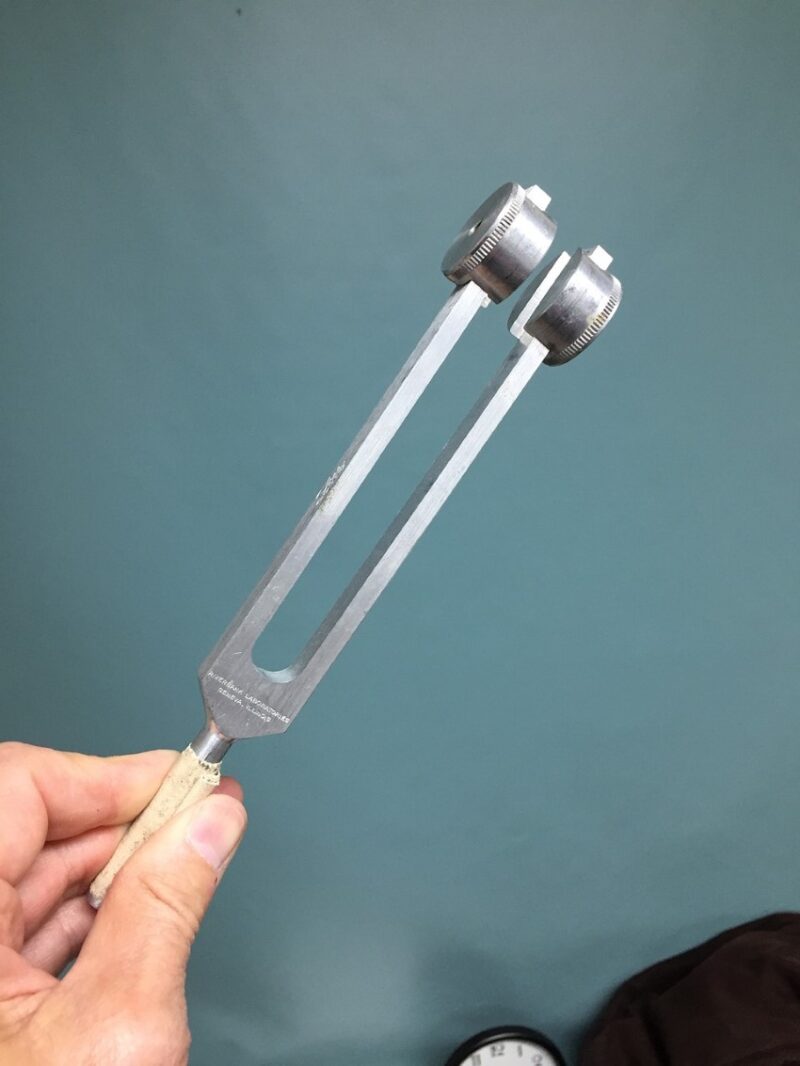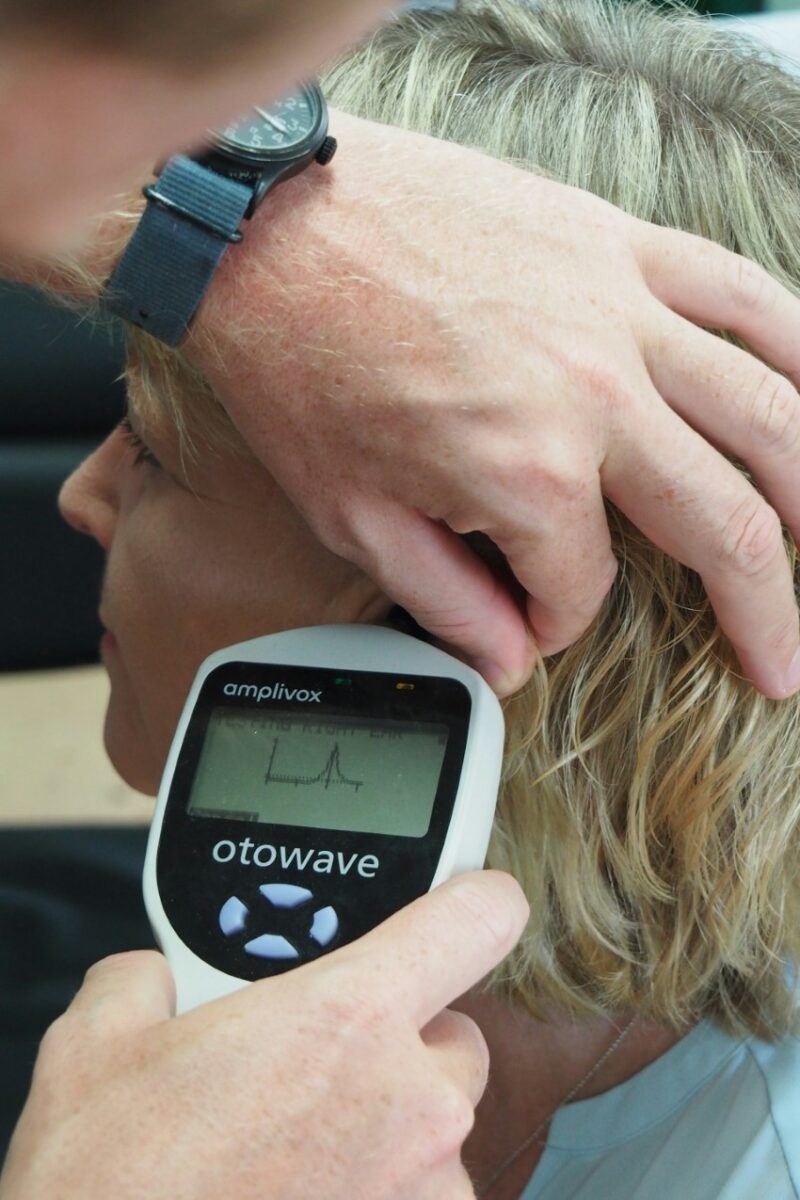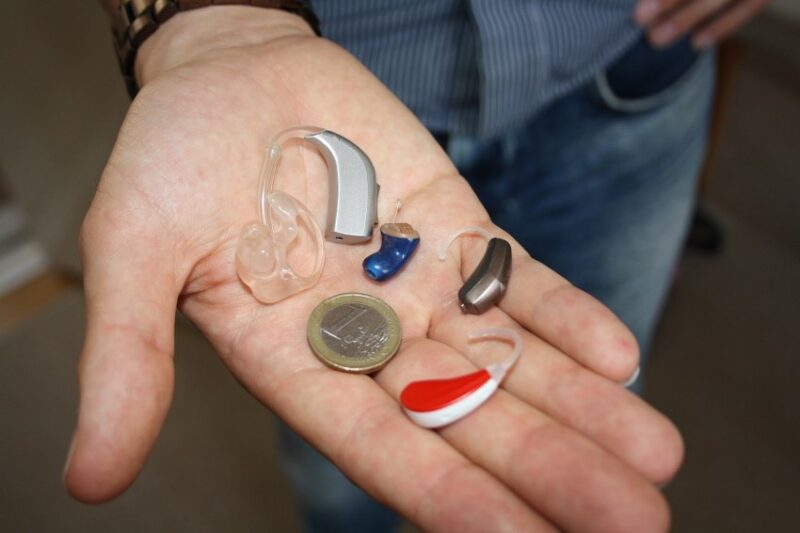The Importance of Booking an Appointment For a Hearing Test
Hearing, a fundamental sensory faculty, is integral to our daily existence. Regrettably, hearing impairments often escape notice until their impact becomes pronounced. Misconceptions about age-related hearing decline can lead individuals to defer seeking professional evaluation. Here, the imperative of scheduling an appointment for a comprehensive hearing assessment comes into prominence.
Timely Detection of Auditory Impairments
The foremost rationale behind scheduling a hearing assessment is the early identification of auditory issues. Hearing deterioration frequently transpires insidiously, often eluding initial awareness. By the time individuals become aware of the affliction, it may have advanced significantly. Schedule an appointment for a hearing test today.
Mitigating Further Hearing Decline
The procrastination of a hearing assessment can precipitate the exacerbation of auditory deficits. Untreated hearing loss engenders a deleterious cycle of continued degradation. The strain imposed while endeavoring to decipher sounds exacerbates the impairment. Expediently addressing hearing concerns serves to forestall additional deterioration and the preservation of extant auditory faculties.
Enhancing Interpersonal Communication
Hearing loss engenders pronounced impediments in effective communication. It strains relationships, begets misinterpretations, and fosters social isolation. The scheduling of a hearing assessment and the amelioration of hearing deficiencies contribute substantively to augmenting one’s communicative proficiency and fostering more profound connections with acquaintances and colleagues.
Preservation of Cognitive Acumen
Empirical studies have substantiated a robust association between untreated hearing loss and cognitive degeneration. This encompasses conditions such as dementia and Alzheimer’s disease. Hearing constitutes an integral facet of cognitive processing. Its compromise precipitates cognitive vulnerabilities. Pursuant to a hearing assessment and judicious interventions, these risks can be mitigated.
Safety Considerations
Hearing loss is not without its safety implications. It impedes one’s capacity to perceive critical auditory cues, including alarms, sirens, and admonitory signals, thereby jeopardizing personal safety and the well-being of others. Prompt hearing assessment and corrective measures serve to underpin safety by timely addressing hearing deficiencies.
Augmented Quality of Life
The diminution of hearing can portentously undermine the overall quality of one’s life. It gives rise to sentiments of frustration, anxiety, and despondency. Engaging in social endeavors and relishing recreational pursuits becomes less gratifying. The scheduling of a hearing assessment and the concomitant rectification of auditory issues engender a substantial enhancement in the quality of one’s life, reinstating the capacity for full participation in everyday activities.
Bespoke Remedial Solutions
Hearing exigencies are profoundly idiosyncratic. A hearing assessment affords precise insights into the nature and extent of auditory impairment. Armed with this diagnostic foundation, audiologists can proffer customized solutions, encompassing hearing aids and assistive devices, tailored to address the specific exigencies of the individual.
Preventative Measures Against Tinnitus
Hearing loss frequently begets the distressing ailment of tinnitus, characterized by persistent ringing or buzzing in the ears. Tinnitus can cause considerable discomfort and distress. Timely diagnosis and intervention for hearing loss through a hearing assessment can obviate or alleviate tinnitus symptoms.
The act of scheduling an appointment for a hearing assessment transcends the mere rectification of existing auditory challenges; it assumes the mantle of a proactive stance toward holistic health and well-being. Regular hearing assessments not only facilitate early detection but also proffer the prospect of averting further hearing degradation, refining interpersonal communication, preserving cognitive faculties, fortifying safety considerations, enriching one’s quality of life, and furnishing tailored solutions. It is incumbent upon individuals to recognize the pivotal import of this seemingly elementary yet profoundly consequential endeavor in the preservation of auditory health.

